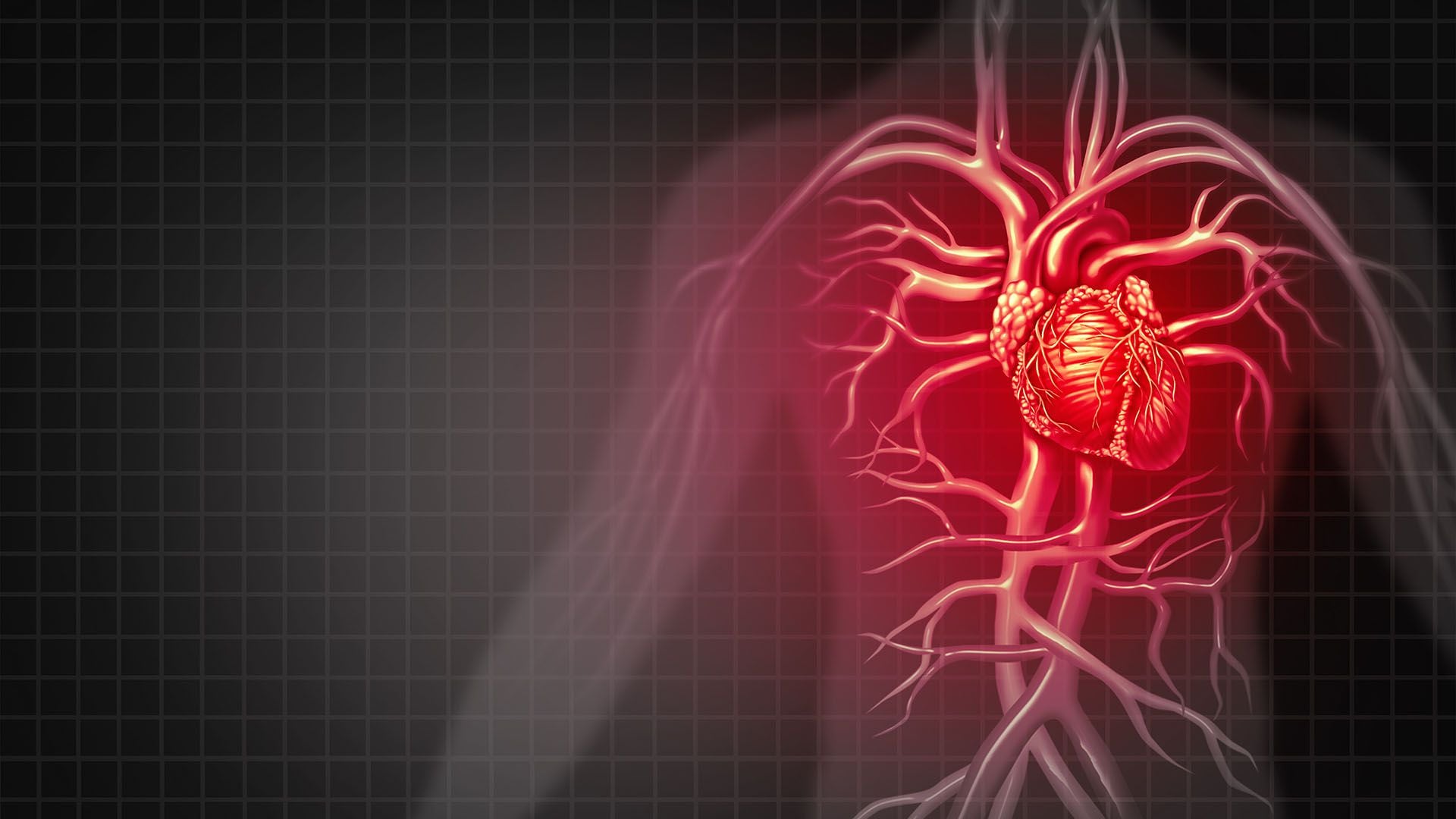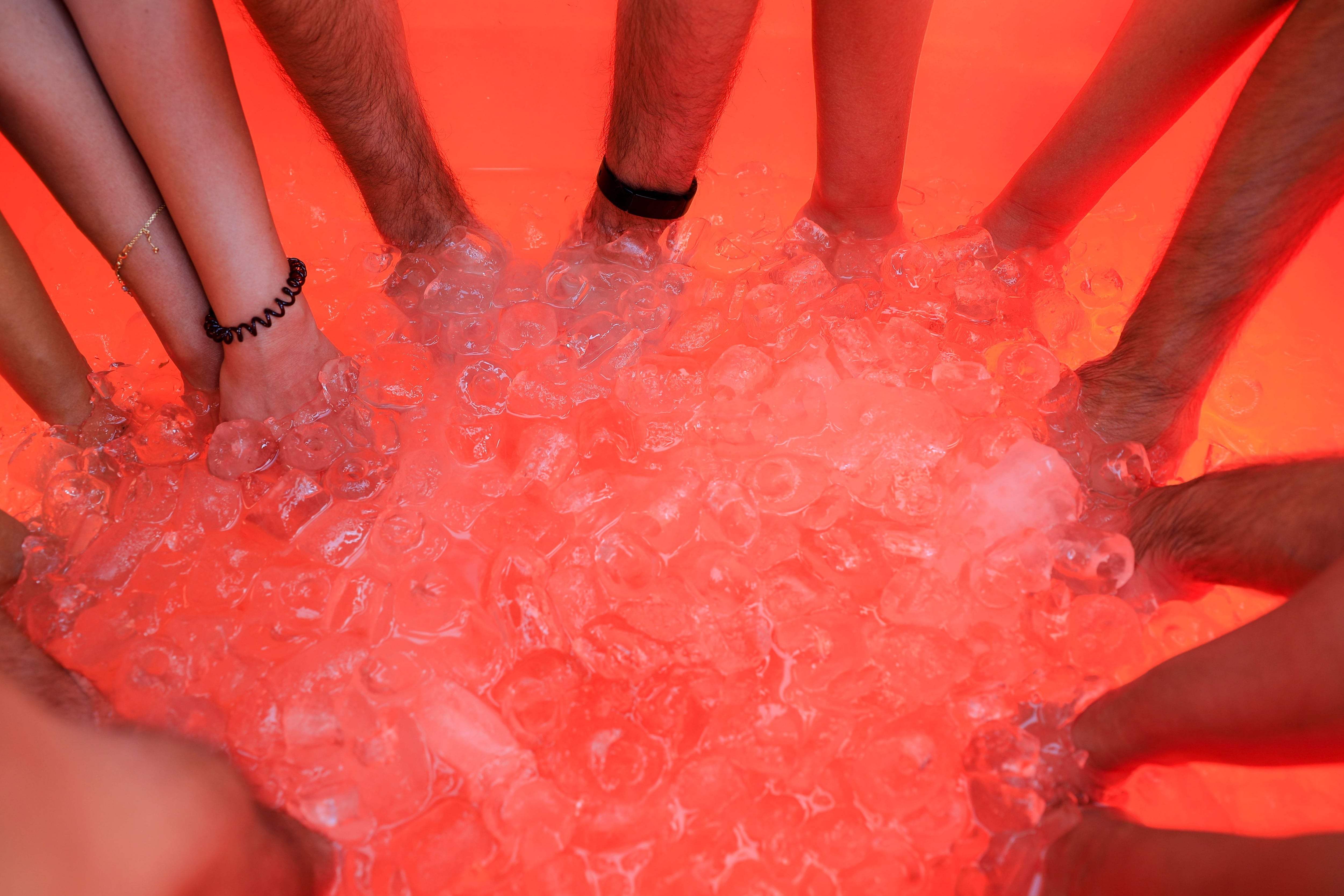
What if the key to managing stress is... more stress? This is the finding of a growing body of biological research that indicates that brief intermittent episodes of stress, such as heat, exercise and dietary restriction, can strengthen the ability to withstand chronic stress.
Dosing yourself with bursts of pressure, called hormetic stress, can help your body and mind cope with difficult periods at work and at home. They can even help counteract some of the chronic unhealthy stress caused by two years of the pandemic.
High-intensity interval training, or HIIT, which increases and decreases the heart rate, is the most familiar hormetic stressor. Other stress-inducing hormetic activities include cold showers or ice baths and hot saunas.
Podcasters and fitness gurus promote other, sometimes controversial, types of stress, such as intermittent fasting and hypoxic breathing, which temporarily deprives your body of oxygen, causes you to gasp, and can have serious medical risks. None should be done without the guidance of a doctor.
Hormetic stress can help us cope with emotional stress, according to Elissa Epel, a professor in the psychiatry department at the University of California, San Francisco. “Practices create short-term peaks of biological stress followed by recovery, ease and deep restoration, and that is difficult to achieve otherwise,” said the expert in dialogue with The Washington Post.

The practice is gaining more attention as people deal with the mental health consequences of the pandemic and scientists continue to gain a better understanding of our mind-body connections.
Epel leads a study on hormetic stress at UCSF that compares the stress-relieving effects of low-intensity meditation, exercise and the higher-intensity hypoxic breathing method developed by Wim Hof, the Dutchman known as Iceman, whose ability to withstand extreme cold has attracted millions of online followers and practitioners, including many celebrities.
Dr. Epel found that Hof's breathing method (several rounds of 30 to 40 deep breaths followed by a prolonged exhalation and an additional breath that holds for 15 seconds) greatly reduced her own stress threshold. During the pandemic, he recruited the specialist to teach the practice to healthcare providers in a webinar on emotional well-being.
Brief periods of stress impact our systems at the cellular and molecular levels, challenging our bodies to adapt to difficult conditions and restore balance, research shows. Studies have found that the process can help clear waste from our cells, promote the growth of new neural pathways and, over time, help delay the effects of aging.
Without hormetic stress “our cells become complacent. They don't maintain their ability to cope with the types of stressors that cause disease,” said Mark Mattson, professor of neuroscience at Johns Hopkins University School of Medicine, in a recent podcast interview.
Risks and benefits

Activities that produce hormetic stress can also carry serious risks, especially for certain groups of people. Doctors have expressed concern about intermittent fasting, especially for older people, pregnant or with a medical condition.
The Wim Hof website warns that his breathing method may cause dizziness, loss of consciousness and is not recommended for pregnant women or people taking medication for high blood pressure or people with epilepsy or heart disease.
Some people say that hormetic stress techniques have helped them endure periods of emotional tension. However, the benefit of hormetic stress is often dose-dependent, studies show. A group of scientists in Korea found that brief episodes of stress caused by 5 minutes a day of captivity in a tube, for two weeks, could reverse depressive behavior in mice. Captivity of 10 or 15 minutes a day had no effect, according to their study published in the journal Nature Communications in November.
Some research on repetitive sauna use suggests that it may have hormetic benefits. A study published in 2015 in the journal JAMA Internal Medicine looked at 20 years of sauna use by 2300 middle-aged Finnish men. Men who took 20-minute saunas two or three times a week were 23% less likely to die of cardiovascular disease during the course of the study than men who took saunas once a week. Those who took four to seven saunas a week were 48% less likely to die.

Guidance on cold exposure is less accurate. Cold increases the metabolic rate, causes blood vessels to contract and makes the heart work a little harder, basically exercising the cardiovascular system, scientists say. Lowering the thermostat or spending time in the cold, without too many layers, can generate hormetic cold stress, say scientists and coaches. Hof recommends a cold shower daily, starting with as long as you can, maybe 15 seconds to start, increasing to 30 seconds and eventually to the full shower, if you can.
“To derive hormetic stress from workouts, you need to move intensely enough to be able to talk, but not sing, while exercising,” explained Eli Puterman, who runs the fitness, aging and stress lab at the University of British Columbia.
Puterman conducted a three-year study on the effects of exercise on chronic stress of family caregivers of patients with dementia. Caregivers, who had been physically inactive, had access to a gym and a health coach. A six-month period of intermittent exercise reduced her chronic stress, decreased her levels of depression, and reversed some of the biological effects of aging. “I like to tell people: move your body more than it moved before. You need to increase your heart rate and you need to sweat,” he concluded.
KEEP READING:
Últimas Noticias
Debanhi Escobar: they secured the motel where she was found lifeless in a cistern
Members of the Specialized Prosecutor's Office in Nuevo León secured the Nueva Castilla Motel as part of the investigations into the case

The oldest person in the world died at the age of 119
Kane Tanaka lived in Japan. She was born six months earlier than George Orwell, the same year that the Wright brothers first flew, and Marie Curie became the first woman to win a Nobel Prize

Macabre find in CDMX: they left a body bagged and tied in a taxi
The body was left in the back seats of the car. It was covered with black bags and tied with industrial tape
The eagles of America will face Manchester City in a duel of legends. Here are the details
The top Mexican football champion will play a match with Pep Guardiola's squad in the Lone Star Cup

Why is it good to bring dogs out to know the world when they are puppies
A so-called protection against the spread of diseases threatens the integral development of dogs




